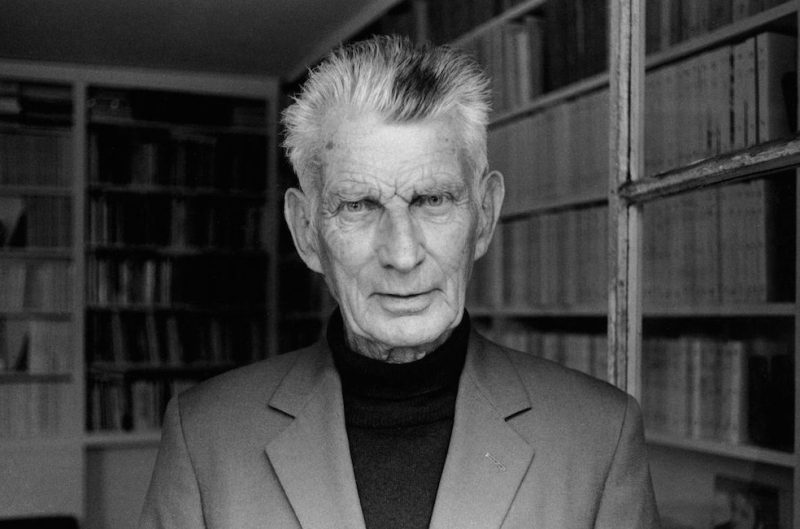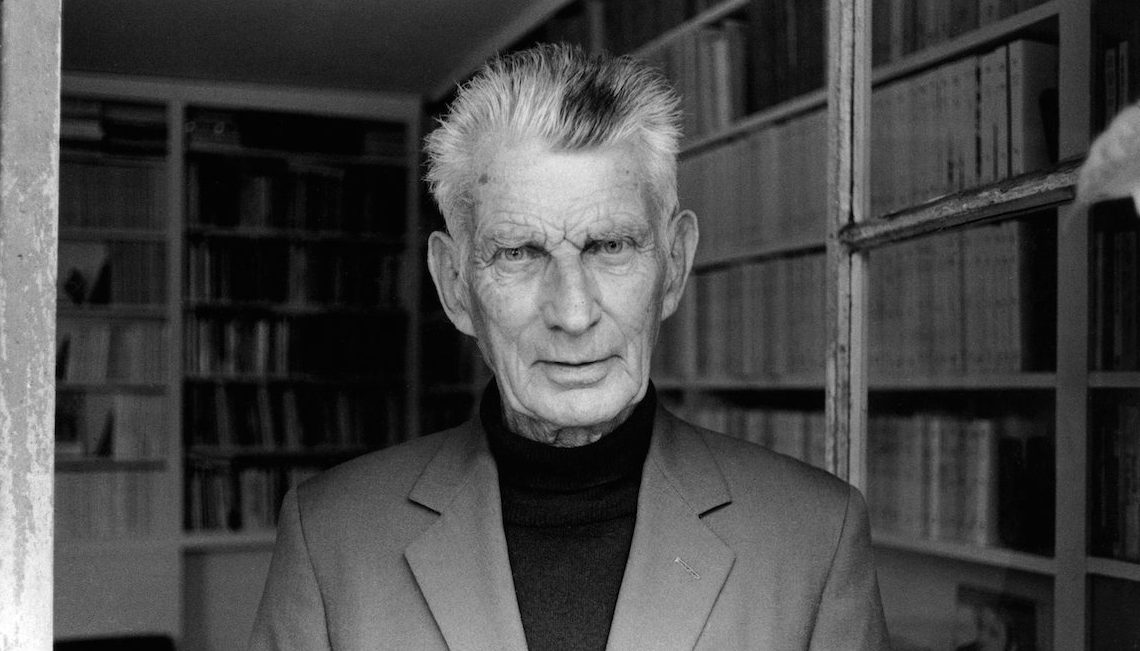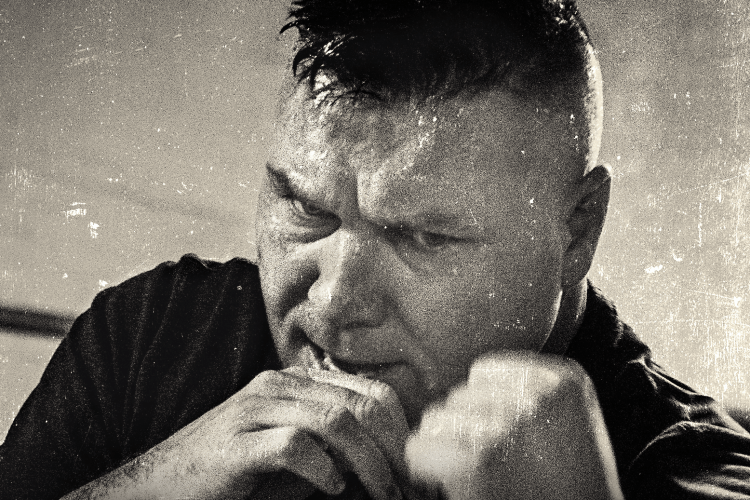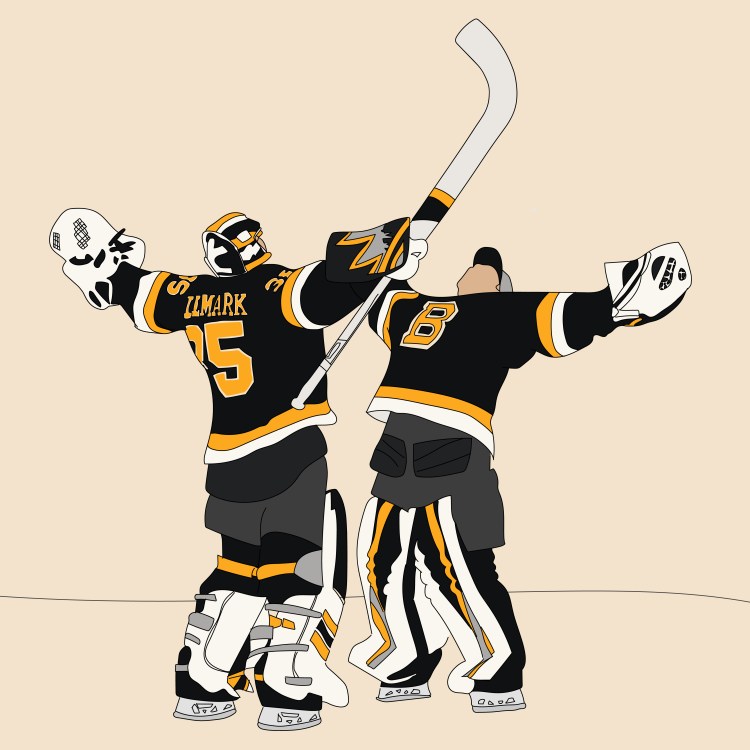
Samuel Beckett wrote, “Try again. Fail again. Fail better.” It captures much of the outlook of his work, where people ignore crushing disappointment to keep moving forward and, in turn, encounter additional disappointments. (Though, he’d suggest, occasionally better ones.) His play Waiting for Godot premiered in 1953, and is arguably the most influential work of theater of the last 100 years. He won the 1969 Nobel Prize in Literature and is revered as one of the world’s great playwrights.
Beckett wrote more than just plays, however, as he also produced novels and short stories. Chris Power tracks Beckett’s eclectic life for The Guardian. Born in Ireland in 1906, Beckett roamed much of Europe, became a close confidant of James Joyce, joined the resistance during World War II, and experienced a great deal of failure before his theatrical success. Even now, Power argues Beckett’s non-dramatic writing is deeply underrated and, indeed, often plain forgotten. (It’s also unique in that Beckett chose to write some of his work in French.) Power writes:
“It is an irony of Beckett’s posthumous reputation that his plays are now far better known than his prose, although he considered the latter his primary focus. That he wrote some of the greatest short stories of the 20th century seems to me an uncontroversial claim, yet his work in this genre is comparatively obscure.”
To learn more about the driving passion of one of the 20th century’s literary giants, click here. Below, watch rare footage of Beckett, which the intensely private man only allowed to be shot so he could give notes on an American television production of his play What Where.
This article was featured in the InsideHook newsletter. Sign up now.
























